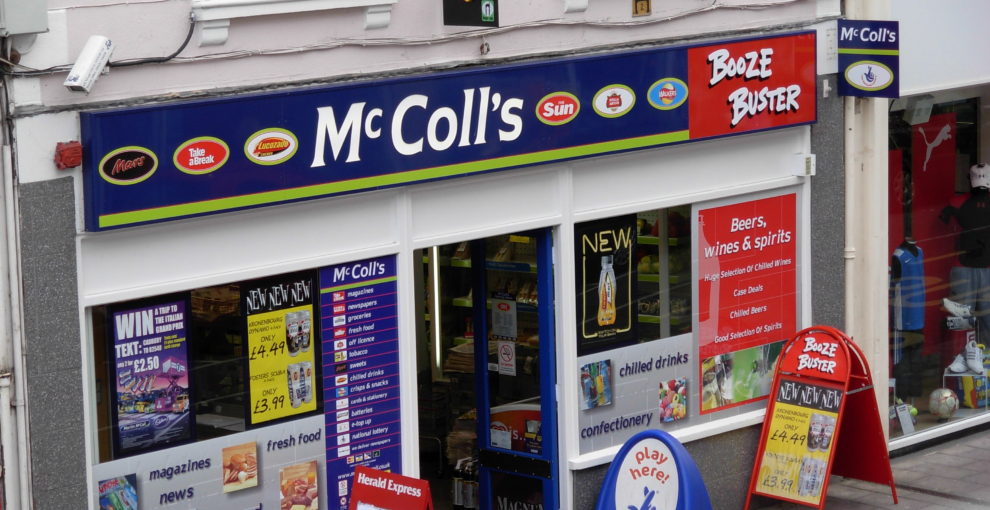By Guest Author Annie Hoch-South
Through social media, the average consumer has the ability to engage with a company firsthand, something unheard of just a few decades ago. How can companies and businesses use this to their advantage, in the new digital age?
Yoon et al. (2018) looked at the power of user engagement, a tool akin to a double-edged sword. Researchers examined a complete list of the social media and financial data of The Standard & Poor’s 500, an American stock market index of 500 large companies, which was organized using the companies’ Facebook posts from the first quarter of 2010 to the third quarter of 2015. Business revenue was measured each quarter and analyzed. Three hundred and forty-six companies (out of 500) used Facebook at the time of their study. Only 339 companies allowed researchers access and were active enough in their postings. By using data-mining techniques, researchers were able to examine people’s online behaviors and interactions to derive a sense of users’ engagement.
By examining the quality and quantity of consumer comments on Facebook, they found that active engagement (going beyond just hitting the “Like” or “Share” buttons) made consumers more likely to become emotionally and mentally invested in a company. By commenting, users were giving public feedback. More positive comments led to greater revenue, as did larger quantities of comments. Therefore, generating more comments generates buzz, which in turn creates profit and establishes a relationship between consumer and company.
Consumers have the power to interact with companies on a very personal level via instant messaging. Users can post their feedback, both positive and negative, directly in the public comment feed for all to see. People will take that company’s impressions with them offline and continue to shape the behavior of those around and in their social circles. In those social circles, people value acceptance amongst peers and accurate judgements of products, companies, and brands. People notice how other people behave online and follow suit. With more than 50% of social media users engaging with some brand or company and 71% of Internet users using Facebook (as cited in Gunwoo et al., 2018), it would be wise to create a marketing plan that is dedicated to increasing positive engagement and active behaviors. To become active, a company or business must be dynamic and continue to share socially. Be proactive!
Yoon, G., Li, C., Ji, Y., North, M., Hong, C., & Liu, J. (2018). Attracting comments: Digital engagement metrics on Facebook and financial performance. Journal of Advertising, 47(1), 24-37. doi:10.1080/00913367.2017.1405753
( “File:Small shop in newton abbot – panoramio.jpg” by Panoramio upload bot is licensed under CC BY 3.0 )
